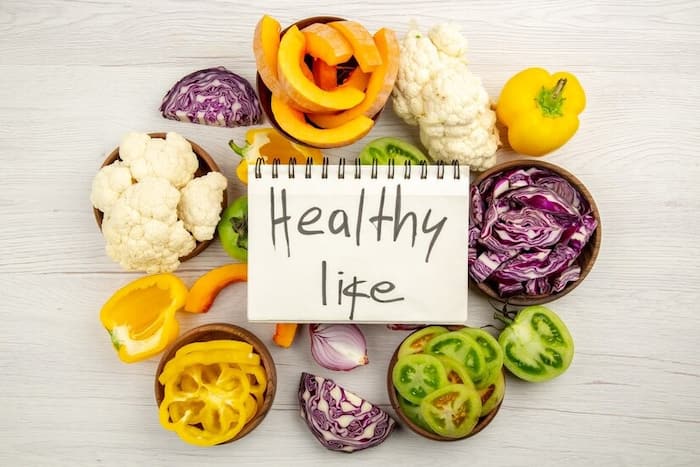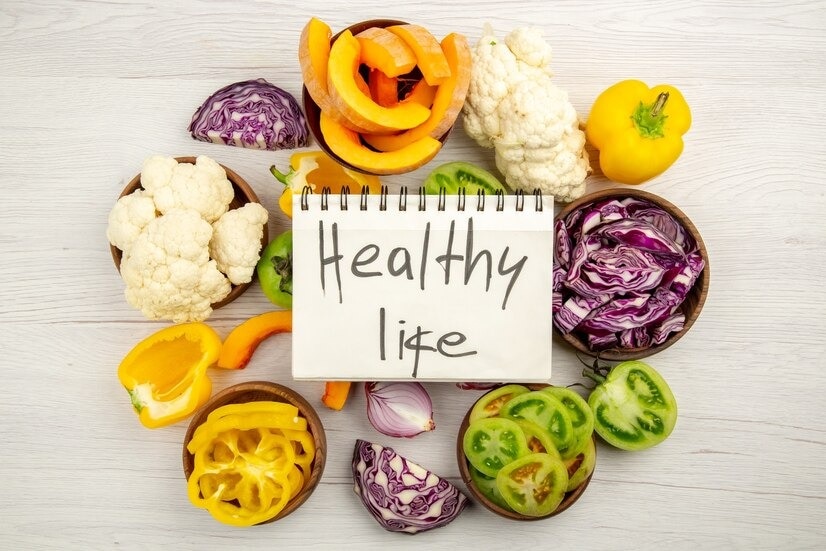People diagnosed with Pancreatic cancer often find it difficult to maintain their weight and follow a healthy diet. This highly aggressive disease is rarely diagnosed at an early stage and is difficul

People diagnosed with Pancreatic cancer often find it difficult to maintain their weight and follow a healthy diet. This highly aggressive disease is rarely diagnosed at an early stage and is difficult to treat due to its resistance to radiotherapy and chemotherapy. Some risky factors, such as smoking habits, being overweight and diabetes, have been identified as the cause of pancreatic cancer.
Dietary choices play a significant role in reducing the risk of developing pancreatic cancer. A diet low in fat and sugars, together with a healthy lifestyle, regular exercise, weight reduction and not smoking, may contribute to preventing pancreatic cancer and many other cancer types. Here are a few dietary guidelines to follow to reduce the risk of pancreatic cancer.
DIETARY TIPS TO REDUCE THE RISK OF PANCREATIC CANCER
- A diet rich in fruits and vegetables, particularly those high in antioxidants like berries and leafy greens, can help protect against the development of pancreatic tumours. Additionally, incorporating foods high in omega-3 fatty acids, such as salmon and walnuts, may offer protective benefits against this aggressive form of cancer. These healthy fats can help reduce inflammation in the body and may aid in overall well-being during treatment.
• Limiting processed food consumption is essential for lowering the risk of pancreatic cancer. Studies have shown that diets high in processed foods are associated with an increased likelihood of developing this type of cancer. Instead, opting for plant-based protein sources like beans, lentils, and tofu can help maintain a healthy diet that may reduce the risk of pancreatic cancer.
• Individuals with pancreatic cancer need to focus on incorporating foods that are nutrient-dense and rich in antioxidants. Include leafy greens such as spinach and kale, which are packed with essential vitamins and minerals that can help support the immune system. Colorful berries like blueberries and raspberries are excellent choices due to their high levels of antioxidants that have been shown to have anti-inflammatory properties.
• Reduce consumption of sugary treats and added sugars. Individuals with pancreatic cancer may struggle to process foods rich in sugar. Items like soft drinks, pastries, sweets, and desserts can lead to spikes in blood sugar levels and typically lack nutritional value. Steer clear of these items and opt for nutrient-dense foods instead.
• Incorporating anti-inflammatory foods such as fatty fish, nuts, seeds, and olive oil can also play a significant role in reducing inflammation in the body, which is often elevated in cancer patients.
• Keep yourself well-hydrated by drinking water regularly and incorporating hydrating foods like melons, peaches, and zucchini into your diet.
Dr Imran Shaikh, Consultant GI & HPB Surgeon, Wockhardt Hospitals, Mira Road said, “When diagnosed with pancreatic cancer, paying close attention to what you eat becomes crucial for managing symptoms and improving overall health. Certain foods can exacerbate digestive issues and discomfort associated with the disease, while others may provide essential nutrients that support the body’s ability to fight cancer cells. Being mindful of our dietary choices and focusing on incorporating nutrient-dense foods can play a critical role in preventing pancreatic cancer and promoting overall health. It is crucial to consult with an expert to create a personalized dietary plan that best supports your specific health needs when dealing with pancreatic cancer.”

